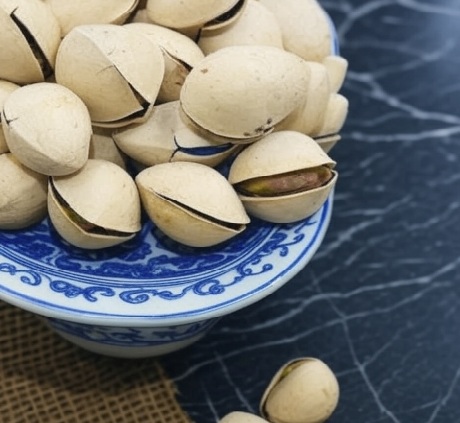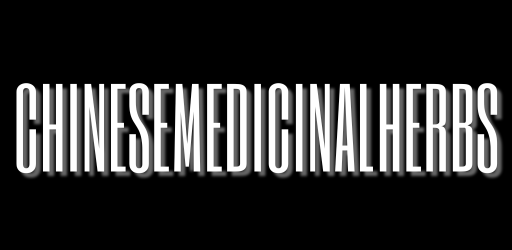Ginkgo Nuts

Ginkgo Nuts (Bai Guo): A Stabilizing Herb for Lungs, Cough Relief, and Urinary Control
Introduction
Ginkgo nuts, known as Bai Guo (白果) in Traditional Chinese Medicine (TCM), are valued for their ability to astringe the Lung, stop cough and wheezing, and stabilize lower body leakage. Derived from the seeds of the ancient ginkgo tree, Bai Guo carries a slightly bitter, astringent nature and is often used for chronic respiratory issues, excessive urination, and vaginal discharge. Ginkgo nuts are warming yet balanced, making them ideal for gently strengthening Lung and Kidney function.
What Are Ginkgo Nuts?
Bai Guo refers to the seeds of the Ginkgo biloba tree, often harvested, cleaned, and dried for medicinal use. In TCM, they are classified as sweet, bitter, astringent, and slightly toxic, entering the Lung and Kidney meridians. Traditionally, ginkgo nuts are used to stop persistent coughs, secure the urine, and reduce excessive vaginal discharge. They are often found in both medicinal formulas and culinary dishes for long-term support of respiratory and urinary health.
Health Benefits of Ginkgo Nuts
Astringes the Lungs and Stops Cough
Bai Guo is especially effective for chronic coughs or wheezing associated with Lung deficiency or phlegm-damp accumulation.
Reduces Excessive Urination and Leakage
It helps manage conditions like frequent urination, incontinence, or vaginal discharge caused by weak Kidney qi.
Strengthens Lung and Kidney Qi
Ginkgo nuts tonify the fundamental organs responsible for breathing, fluid balance, and reproductive health.
Relieves Mild Asthmatic Symptoms
By stabilizing the Lung, Bai Guo can be used alongside other herbs to ease mild asthma or shortness of breath.
Supports Recovery from Chronic Illness
Their stabilizing and nourishing nature makes them helpful in rebuilding strength after respiratory or urinary tract infections.
How to Use Ginkgo Nuts
In Herbal Decoctions or Soups
Use 5–10 nuts (shelled and cooked) simmered with herbs like lily bulb, pear, or white fungus for cough and lung support. Always cook thoroughly.
In Sweet Congee or Desserts
Boil with glutinous rice, lotus seeds, or jujube in a nourishing dessert soup that supports both Lung and Kidney health.
As a Snack in Moderation
Cooked ginkgo nuts can be eaten as a warm, nutritious snack but should be limited to avoid toxicity.
Where to Buy Ginkgo Nuts
You can find Bai Guo at the following places:
-
Chinese herbal medicine shops
-
Asian grocery stores (dried goods or produce sections)
-
Online retailers such as Amazon, iHerb, or specialty TCM suppliers
Look for:
-
Firm, ivory-colored seeds with intact shells
-
Organic or pesticide-free options
-
Properly stored nuts (dry and mold-free)
Are There Any Side Effects?
Ginkgo nuts must be cooked thoroughly before consumption, as raw seeds contain natural toxins that can cause nausea, dizziness, or convulsions if eaten in large quantities. Limit intake to 5–10 cooked seeds per serving. Children and pregnant individuals should use with extra caution and under supervision.
Conclusion
Ginkgo nuts, or Bai Guo, are a unique herb in TCM known for stabilizing the Lungs, supporting urinary control, and gently nourishing essential qi. Whether simmered into soups or eaten as a warm snack, these ancient seeds offer a practical and effective way to fortify respiratory and urinary health.
FAQs
Can I eat ginkgo nuts every day?
Yes, but limit to 5–10 fully cooked nuts per day to ensure safety and avoid toxicity.
What do ginkgo nuts taste like?
They have a mild, slightly nutty and starchy flavor with a chewy texture when cooked.
Are ginkgo nuts safe for children?
Yes, but only in very small amounts, thoroughly cooked, and preferably under practitioner guidance.

